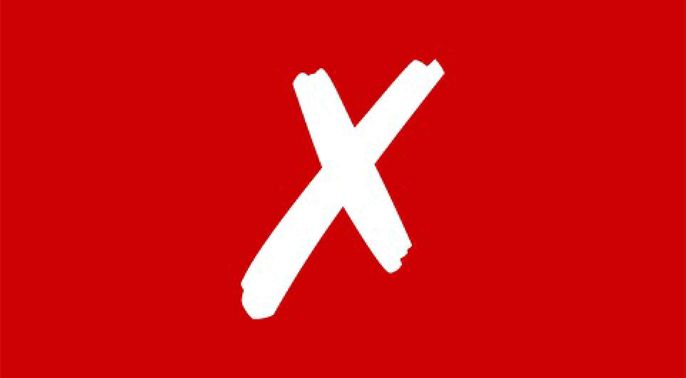What does this cover?
Hazardous waste can be found in almost all industries and includes everyday items such as:
- Chemicals (and chemically contaminated items)
- Fluorescent tubes and sodium lamps
- Contaminated spills and rags
- Aerosols
- Paint in original containers
- Lead acid batteries
- Antifreeze and brake fluids
- Oil and fuel filters
- Tyres
- Toner / laser cartridges
- Inkjet cartridges
- Asbestos
What is included?

Yes
- Chemical waste
- Paint

No
- Clinical waste
- Radioactive material
- Lamps
Waste hierarchy
What happens to this waste stream?
0% reused
15% recycled
81% recovered
4% incinerated
1% landfilled
Hazardous materials waste stream
How do I arrange disposal of hazardous materials?
- Complete the online defect report form and select 'Hazardous waste' in request type. For users who don't have a college account please contact Estates Operations Customer Services Centre.
- Complete a chemical disposal form including any 'unknowns' Chemical Disposal Form
- Guidance for disposal of hazardous waste can be found in the Safety Department web pages
Who removes them?
- Items should usually be taken by the lab users to the central waste hazrdous waste store (for those sites, which possess one) at the agreed time (see schedule for Hammersmith, below).
- If there is not a central store or if the volume is considerable then the contractor may collect the waste from the point of use (in which case a permit-to-work will be required).
What happens then?
- The waste will be collected by a specialist contractor. As much as possible will be recycled or recovered.
| Campus | Location |
|---|---|
| Charing Cross | South side of campus adjacent to courtyard car park |
| Chelsea & Westminster | Collected direct from laboratories |
| Hammersmith | Eastern end of Burlington Danes building |
| Royal Brompton - GSB - Dovehouse Street | Front courtyard |
| Royal Brompton - EKB | Within building |
| St Mary's | Ground floor Medical School Building near rear lodge |
| South Kensington | Frankland Road (rear of Chemistry Unwin Road (RSM courtyard) and Callendar Road (rear of Blackett) |
| Silwood Park | Collected direct from laboratories |
| White City | Sir Michael Uren (off loading bay) |
How green is this waste stream?
- By following procedures correctly we fulfil our duty of care to anyone that needs to handle these wastes in disposing of them.
- Ensuring these wastes are processed by a specialist contractor means that any hazardous materials are disposed of appropriately, avoiding the risk of soil contamination and water pollution.
Contacts
Roger Smith, Hazardous Waste Coordinator: 07590 250 550
